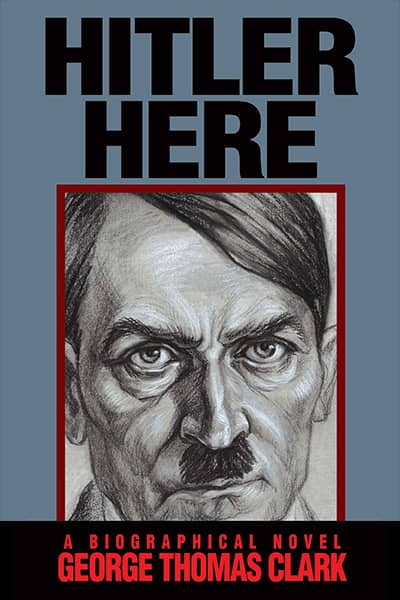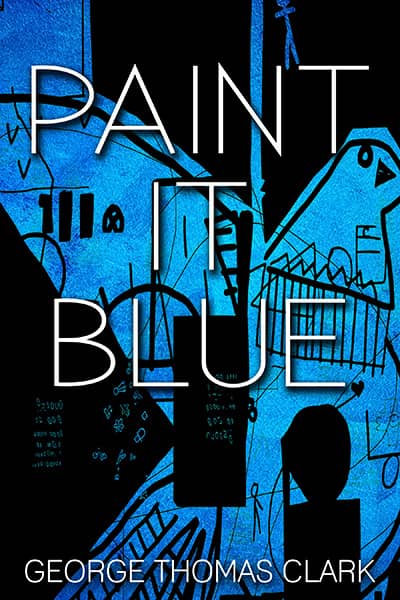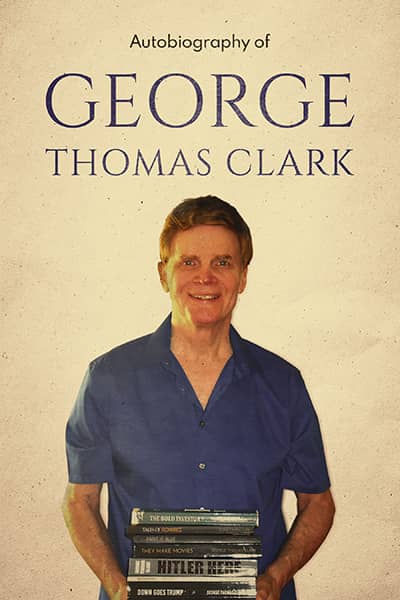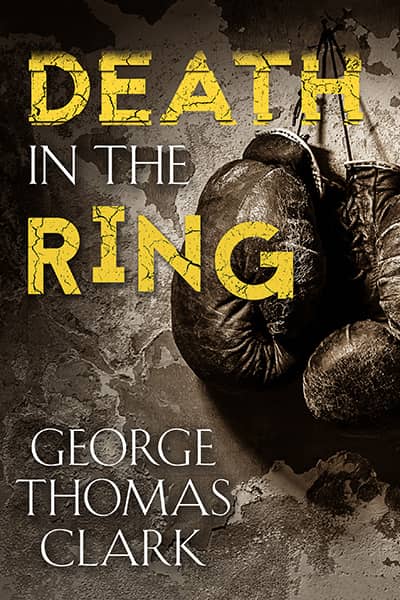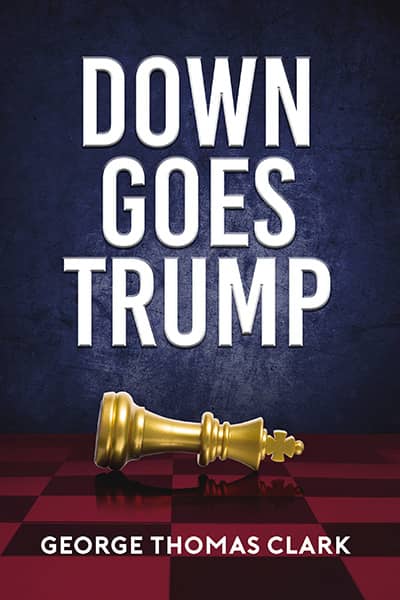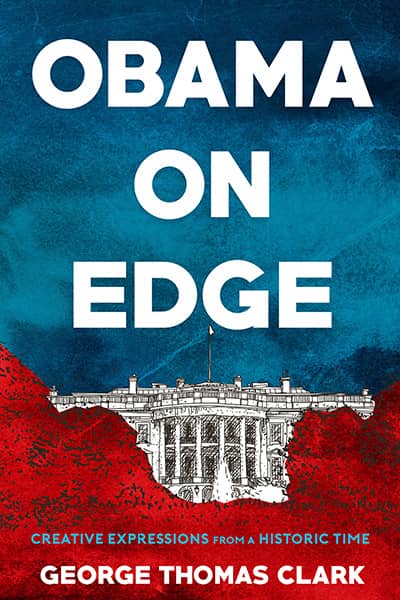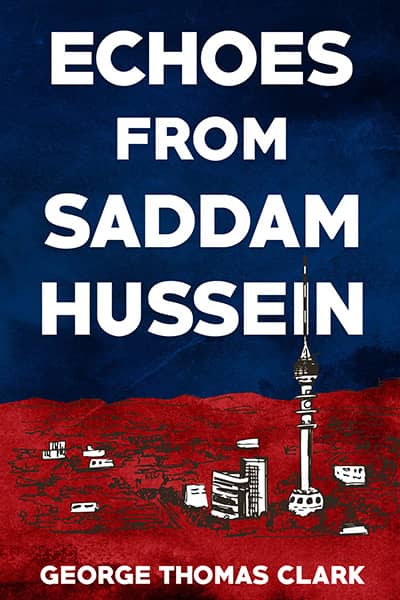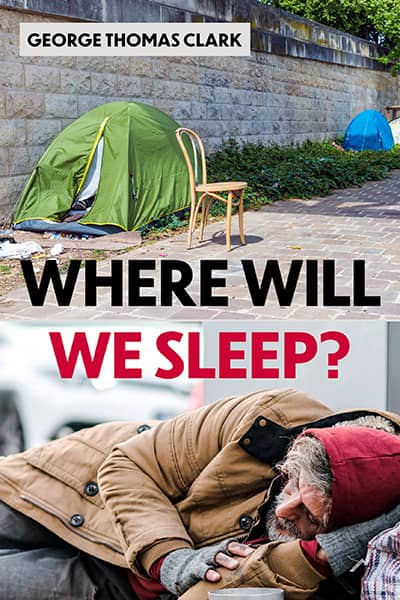The Most Difficult Choice
June 13, 2006
Only yesterday did I realize how harsh and mistrusting I’d been. Only then did I understand I should have helped in December 2004 when I received an urgent email from Mrs. Rita Savimbi, wife of heroic Angolan revolutionary and guerilla leader Jonas Savimbi. The erudite Mr. Savimbi, who lyrically spoke seven languages, dedicated forty years to battling first the Portuguese colonialists and their thieving native allies, then the Soviet-sponsored Cubans and their Angolan gangsters. He was aided in the former by his Maoist warfare training in China and in the latter by a Reagan administration readying the knockout blow to communism. During these struggles scores of political opponents, regular soldiers, commandos, and common thugs tried to end not merely the political career but the corporeal existence of the most charismatic yet elusive man in the region, and perhaps the world. All of his opponents failed. The colonialists and communists fled, many of the latter in a ship laden with refrigerated corpses. Eventually, it appeared Savimbi would be able to forever lay down his rifle. He did for awhile, and ran for president. Regrettably, he lost the election, denounced the effort as a fraud and again bore arms against hostile forces, which he generally viewed as anyone not wanting Jonas Savimbi to be absolute leader of Angola.
As they must for all eternal warriors, military defeats eventually came, and in 2002 a weakened Savimbi was ambushed along a riverbank in his native province and, despite leveling his weapon and opening fire, was promptly felled by fifteen machine gun bullets that left bloody, and duly photographed, evidence that the man who couldn’t be killed was in fact gone. The bereaved Mrs. Savimbi needed help of an unusual nature. She was in possession of “seventy-five million United States Dollars, which (she) intended to use for investment purposes specifically in (my) country.” Diamonds, she stated, had been under their control, and evidently generated plenty of cash, which the widow discovered “under his underground safe” near his residence, perhaps a vacation spot, in South Africa. She was unable to use the funds, however, because of her “late husband’s inability to proceed with the purchase of military hardware which he contracted with (a) South Africa Arms Company.” Since Mrs. Savimbi, handcuffed by her refugee status in South Africa, could not herself invest the money, she asked for my assistance in transferring the funds. There was “no risk attached to this transaction,” and I had only to provide my phone and fax numbers to receive ten percent of the loot.
Callous and cynical, I declined to respond and thus forfeited seven-and-a-half million dollars. In 2005 the Savimbis offered me another chance. Mr. Savimbi’s daughter Maria, then only twenty, emailed the news that before her father’s death or her mother’s arrest – the tangled syntax obfuscated the distinction – he had a “fund being deposited with a leading security company in Europe, up to the tune of $22 Million USD,” and to claim thirty percent I needed only to open an account in my name in “any bank of (my) choice” and “to serve as the guardian of this fund” since she was still not officially old enough, then to arrange for her to come to my country as soon as I retrieved the money. By again doubting the veracity of this offer and failing to reply, I squandered another seven-plus million as well as, perhaps, the opportunity for romance since Maria promised to email her photo the next time.
As neither fortune nor romance have visited me in sufficient force, I this morning decided to open my heart. Several extraordinary opportunities awaited me in my In Box. I vowed to accept one, but only one since there should be a limit to every person’s good fortune The first offer was from the brother of a Nigerian civil rights leader whose death in an auto accident had been “masterminded” by those who objected to the decedent’s pungent “statements and actions about the excesses of some past leaders.” His family has set up a foundation that currently holds the “uncomfortable amount of USD 6.4M which (they) now want to transfer out of the country.” They ask only that I work with them in processing “a couple of legal documents to legalise the payment.” They may not be asking for much, but they’re offering only 10%, or USD 640K, and I’m not working for chump change.
Next I read an email from the “Chairman (of the) Contracts Review Commission of the Federal Republic of Nigeria.” Dr. Idris Suleman has a complicated task. His commission is “reviewing and settling all outstanding depth (sic) owed by Govt. to contractors who executed projects for the Govt. within the past two decades, but were not paid by the previous military regime.” Though most of the companies have claimed their payments, “a few did not show up” for their financial rewards. Dr. Suleman and his staff have investigated those companies and determined all are “foreign firms who used to operate in Nigeria but …have all packed up and left over fifteen years ago. Further investigations have also revealed that some of these companies have even folded up in their countries of origin.” That leaves “fifteen million US Dollars ($25,000,000 USD)” – I’m not sure which figure is accurate – that Dr. Suleman is “determined not to return to the Govt.” I can help by setting up a “nominated account” into which all of the funds would be transferred. For that, I’d receive 35% and the good doctor trusts me to “send the remaining 65%” to him. I’m delighted by his faith and will consider Dr. Suleman’s offer.
Walter Alfred of a “Diplomatic Corp” wrote that while working “with top firms all over the World (they) have earned a name as a service whose hallmarks in reliability and confidentiality are revered.” Because of these attributes, no doubt, Mr. Alfred has a “benefactor (who) has mandated (him) to get someone that can assist her and her family in receiving her package” – $25 million USD – that “was accrued from Diamond sales…These funds are fully free of any lines or encumbrances” and have “no links whatsoever with either drugs or terrorism.” The benefactor and her children have agreed to give me “30% of the total…which is equivalent to $7.5 Million USD…This role simply entails retrieving the funds on their behalf from the Diplomats in Europe or South Africa.” I would receive “all the information needed to claim the funds…as soon as (I) indicate (my) interest in assisting them (and) providing my address, phone number, and fax number.” Mr. Alfred’s offer charges into contention.
I’m now reading an email from Capt. Kevin Savimbi, formerly in the engineering military unit in Angola. Presumably, this Savimbi is not related to the deceased revolutionary or he would have immediately trumpeted so. Instead, Capt. Savimbi is as succinct as any fine engineer, in the first sentence declaring, “I have about $55 Million US dollars…secured in Benin Republic that I want to move out of Africa. I need a good partner, someone I can trust. It is legal money.” The captain requires only that I come at once to Cotonou, The Republic of Benin so “we can sign an agreement before we commence at once to send it to a bank of (my) choice.” When I receive the funds, I’d take my half and he’d take his.
On my computer screen I’m already booking the convoluted series of flights necessary to go from California to the West African nation of Benin, near Nigeria. Imagine having $27.5 Million USD. I’m tired of a middle class income. I’m coming, Capt. Savimbi. Don’t give this offer to someone less deserving. My flights to and from Benin will be processed in a jiffy. Only to sooth myself am I reading Joy Wilford’s email on another computer screen. Mrs. Wilford explained she “(is) married to Mr. Franklyn Wilford who worked with the Netherlands embassy in London for ten years before he died in the year 2001.” His death ended a marriage that had endured “for eleven years without a child.” Mr. Wilford expired after a “brief illness that lasted for only four days. Before his death (they) were both born again Christians. When (her) husband was alive – (thankfully he didn’t do so when dead) – he deposited the sum of $10.5 Million USD with the Baclays (sic) Bank London,” where the money still rests.
Ordinarily, Mrs. Wilford would be in a delightful position but recently her doctor told her she “would not last for the next four months due to cancer problem.” She is even more aggrieved by her stroke. Due to her condition, she has decided to donate her money to a church or “a Christian individual that will utilize this money…to fund orphanages, research centers and widows propagating the Word of God and to ensure that the house of God is Maintained. The Bible made us to understand that blessed is the hand that giveth.” The childless Mrs. Wilford cannot leave the money to her late husband’s relatives since they are not Christians and she doesn’t want her “husband’s hard earned money to be misused by Unbelievers.”
Understandably, she cannot receive any phone calls due to her health and the lurking presence of her husband’s greedy relatives. I must therefore contact her attorney for the necessary banking arrangements. I realize that both honor and a contract would bind me to spend the money in a selfless and charitable way. You can trust me, Mrs. Joy Wilford. I accept your offer.
